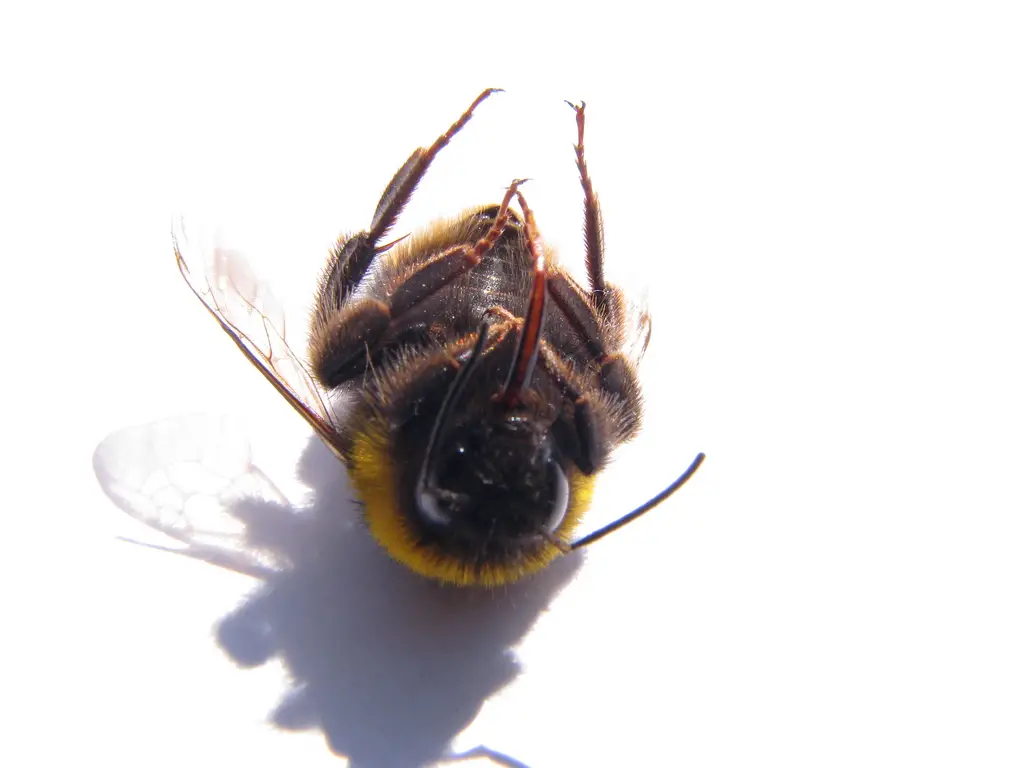
Photo via Dave Marsden/Flickr
While the United States of America has been pushing, supporting and defending a post World War II style of agriculture predicated on GMOs and chemicals, the EU has been on the front lines of protecting human health and the health of our pollinators.
A recent New York Times investigation titled ‘Failed Promises of GMO crops’ found that this system of agriculture is not living up to its promises, despite Monsanto and other companies’ rallying cry that they are necessary to “feed the world.”
Now, Europe is once again leading the way, in this case France.
The nation known for its local, healthy and innovative cuisine has taken a dramatic new step in healing its pollinators, taking the lead in solving an environmental catastrophe that regulators in the United States still can’t seem to wrap their heads around.
France raises the bar, bans all five pesticides linked to bee deaths
According to an article from the Telegraph out of the UK, France has taken a “radical” step toward protecting its dwindling bee population, becoming the first country in Europe to ban all five pesticides that have been linked by researchers to mass die-offs of the insects.
While the EU decided to ban three neonicotinoids, the class of pesticides blamed for killing the bees (clothianidin, imidacloprid and thiamethoxam), France has taken it one step further by also banning thiacloprid and acetamiprid to the list, both for the outdoors and in greenhouses.
The move first happened this past fall and the effects will first begin to be seen during the spring 2019 planting season.
Following the move, some sugar beet and cereal farmers say they are afraid it may leave their crops defenseless against harmful insects, the article said. But environmentalists and health advocates have welcomed the news in light of recent bee colony disorders and even outright collapses around the world.
The pesticides being banned are neonicotinoids, which attack the central nervous system of insects including bees, leading to loss of brain function and fertility. Many bees are unable to find their way back to the hive and die because of these pesticides, which also affect butterflies, birds and other pollinating insects.
According to a report from Herbs-Info, France is ahead of the field in this regard because these “bee killing” pesticides were first tested on French fields in the 1990s, when farmers witnessed the catastrophic effects first-hand in 1994 describing a “carpet of dead bees.”
A total of 400,000 bee colonies died within days, but the story was buried under corruption from industry and distorted science, the article said.
Now, the hope is that the United States and other at-risk countries follow France’s example and act before it’s too late. The world will be watching with bated breath.
Thanks for reading! You can learn more about the dangers of chemical agriculture in the hit online docu-series GMOs Revealed. You can also sign up for more articles like these in your inbox from AltHealthWorks.com by clicking here.
Thanks for installing the Bottom of every post plugin by Corey Salzano. Contact me if you need custom WordPress plugins or website design.











